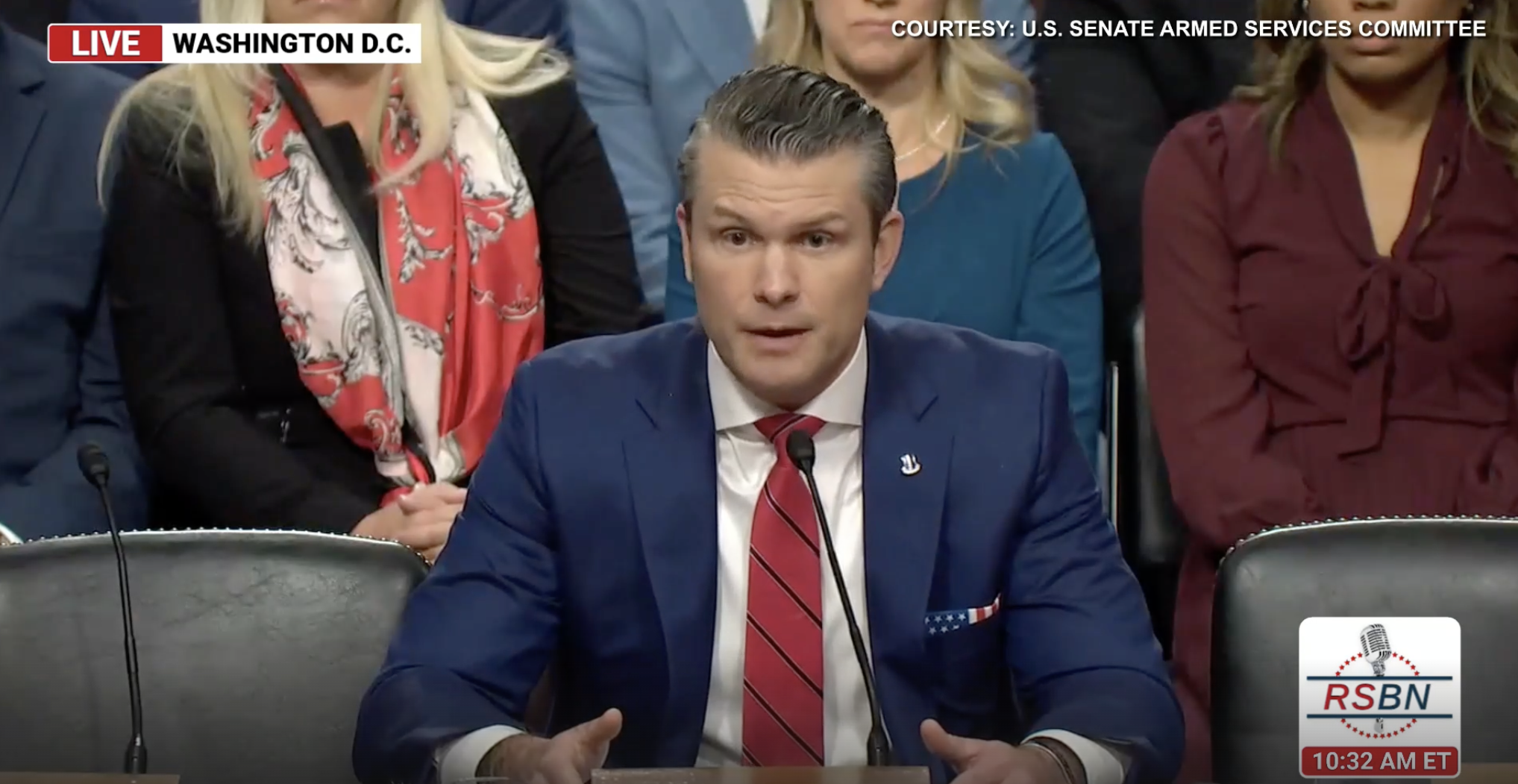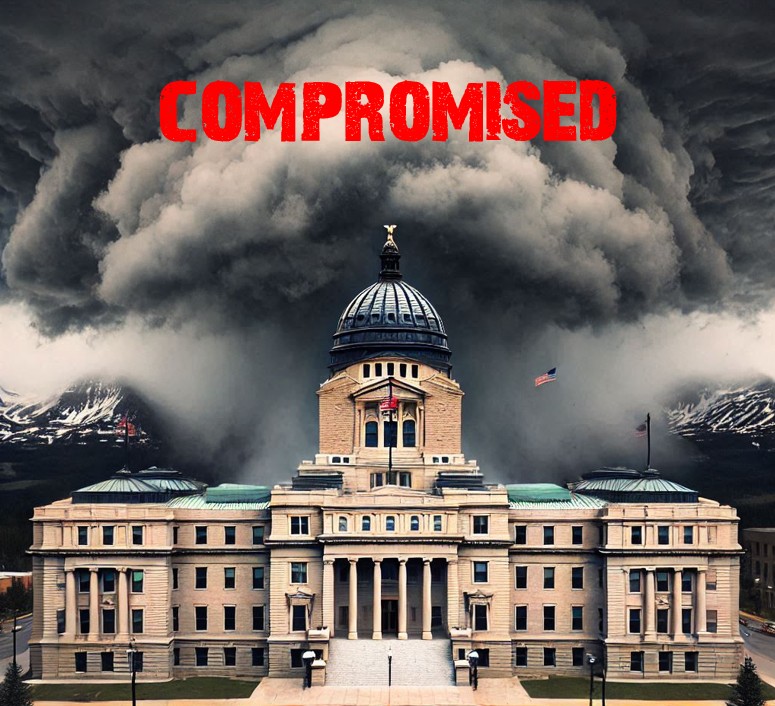
Last week, on May 13thand 14th , Communist China declared war on the United States. Nobody noticed.
On those days, China’s state-controlled Global Timesran a series of articles and opeds that urged a boycott of American goods and products and stated, “The trade war in the US is the creation of one person and one administration, but it affects that country's entire population. In China, the entire country and all its people are being threatened. For us, this is a real people's war,” and called for targeting the United States with “precision.” The specific products to be boycotted were not identified.
TheGlobal Timesalso accused the Trump administration of “greed and arrogance,” and added that China will fight back to defend its “legitimate interests.” The newspaper ridiculed President Trump’s statement that the new tariffs would force American companies to leave China, stating that it is China’s vast population’s “consumption potential driven by demand are what foreign companies value most when they come to China,” adding, “the White House might as well try to call on American companies such as General Motors, Ford, Apple, McDonald's and Coca-Cola to leave China. Will any of them follow?"
State-owned CCTV joined the chorus by stating that China will not only retaliate against American “aggression,” but will launch a crusade against the western style of life and launch a “fight for a new world.” The TV station also quoted China’s president Xi Jinping’s statement that the “Chinese economy is a sea, not a small pond," and that "A rainstorm can destroy a small pond, but it cannot harm the sea. After numerous storms, the sea is still there." But the question is now becoming clear: Just how deep is that economic sea?
The Chinese economy is staggering under a huge load of debt, and Beijing’s bravado suggests that U.S. sanctions are adding a dangerous new stress. Two years ago, when China cracked down on irregular shadow-banking firms, Chinese companies found themselves desperately short of cash. Subsequent defaults on bonds and notes seriously hurt confidence and the prospects of economic growth. Last December’s agreement between Presidents Trump and Xi to pause sanctions helped restore much needed confidence and gave Xi time to restore growth by ramping up spending on large infrastructure projects.
The resulting stimulus in the first three months of this year was stunning. Beijing pumped between $293 billion to as much as $439 billion of additional spending and credit into the economy, increasing first quarter rail, highway and other transportation projects by 47%. Nevertheless, there are signs that the stimulus is not working, and Washington’s imposition of new sanctions may be pushing China towards an economic cliff.
Escalation of sanctions and a stalemate in trade agreement negotiations, especially when added to the recent steep selloffs in China’s stock market, must be forcing Beijing to consider injecting even more money into the Chinese economy. And there are other looming challenges. Prices are rising. Not only food prices, but prices for other products and services are also increasing. That raises the dread specter of stagflation — when prices rise and the economy falls. Sanctions also cause prices to rise, so ast week’s declaration of war against America shows that China’s communist politburo feels it is increasingly between a rock and a hard place.
In 1937, Washington levied economic sanctions against the Japanese Empire for its aggressive expansion of control over the Pacific Rim and its attack on the Republic of China. In response, on December 7th, 1941, Japan declared war by attacking Pearl Harbor.
In 2019 Washington levied tariffs on Beijing for years of aggressive economic crimes and unfair trade practices. In response, on May 13th, 2019, Communist China’s state media declared war on the United States.
Is China’s declaration of war their replay of Pearl Harbor?

























China who? Pfffft!
I’m glad someone besides me has noticed these Global Times Editorials. They started last weekend and have been increasing in ferocity. The one Friday re Huawei was equally virulent.
Now is not the time for Trump to back off tariffs. Now is the time for him to increase them to include the next $325 billion segment of Chinese imports. And when the negotiations begin again, as they will when the Chinese realize how seriously they are being hurt, those illegal military islands need to be added to our list of demands.
Trump needs to be realistic. The object here isn't to get over the current impasse. The object is to avoid world war three and shape China into a integral part of the liberal, economic order.
MAYBE WAR IS A GOOD THING...Nothing solves issues as well as long as there is a winner . I certainly am not afraid of the chinese as i have never bought anything from China that wasnt junk. At best a sufficient substitute until you can buy American.
I would be willing to bet that the China mans bombs are no better than their wrenches or drill bits!
In the end, communism fails in competition with Capitalism. We all work harder when we benefit most directly from the results. When China started the push to dominate the world, and chomping on the hand that feeds them, America's, they accelerated their own downfall. They made us even more mad. When they're reliant on our purchases, they should not have also infringed on all the countries in their arena by blocking traditional fishing areas and threatening more. Grandstanding and lying about their intent on the S. China Sea was just too much. Their arrogance has been glaring. We have been supporting countries around the world in ways that aren't even obvious. Trump, being the man he is, the leader he is, and watching our balance sheets suffer, began what was long overdue. Hurrah!